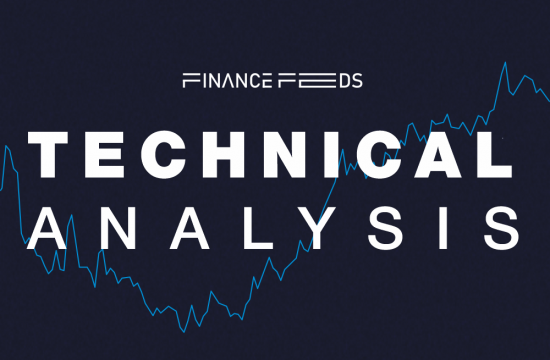SG Forge, the crypto arm of French banking giant Societe Generale, has been granted approval from regulators to offer buying, selling, trading, and custody of digital assets in France

The company is now listed as a registered digital asset service provider by the Autorité des Marchés Financiers (AMF), following clearance from the country’s top regulator, the Autorité de Contrôle Prudentiel et de Résolution (ACPR).
The move comes as France is becoming a go-to location in the European Union for crypto companies. SG Forge is the latest to join the list of crypto firms that have scored a major regulatory approval in France, and it follows the steps of Binance and Crypto.com. In recent months, brokerage firm eToro and Digital Currency Group’s Luno have also registered with France’s AMF.
These platforms went through rigorous review, particularly around the topics of anti-money laundering and combatting terrorism financing, before receiving regulatory approval.
SG Forge is one of the first to use public blockchain for regulated security tokens. Apart from issuing a bond for Societe Generale on Ethereum, the European Investment Bank also issued a €100 million bond using its platform. It has also been involved in central bank digital currency (CBDC) trials with the Banque de France, and created a framework, CAST, for security token issuance.
France’s Pacte Law encompasses a very broad range of measures covering many aspects of all crypto-active players. The current laws require cryptocurrency exchanges as well as custodian providers to undergo a mandatory AMF registration and obtain a certification to be granted by the French watchdog. France’s primary regulator confirmed that it is already involved with other crypto-related operators such as exchange platforms, custodians, and asset managers.
Previously, France introduced its own guidelines governing the ICOs and similar token sales earlier in 2018 and then proposed legislative amendments to put cryptocurrency-related entities under the legislative purview of its financial watchdog.
Furthermore, the framework comes with hefty fines for those who fail to comply, but will not reimburse investors for their losses as it happens with compensation funds that cover traditional investments.











